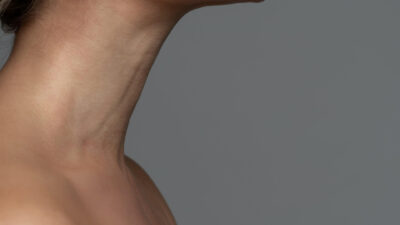Beauty perception is fascinatingly complex, influenced by cultural, social, and psychological factors. Research suggests that certain facial proportions tend to be universally perceived as attractive, likely related to evolutionary signals of health and genetic fitness.
However, our perception of our own appearance is often more critical than others’ perceptions. Body dysmorphic disorder (BDD) represents an extreme manifestation of this phenomenon, where individuals become preoccupied with perceived flaws that may be minimal or nonexistent to others.
Ethical facial plastic surgeons perform thorough psychological assessments before recommending procedures. Understanding a patient’s motivations and expectations is crucial for achieving satisfaction with results.
Interestingly, studies show that the most satisfied patients after facial plastic surgery are those seeking to address a specific concern rather than those hoping for global life improvements. Managing expectations around the psychological impact of physical changes is essential.
Digital technology has dramatically changed how we perceive ourselves, with “selfie dysmorphia” leading some individuals to seek surgery to match filtered or edited images. As surgeons, we emphasize realistic outcomes over idealized digital versions.






